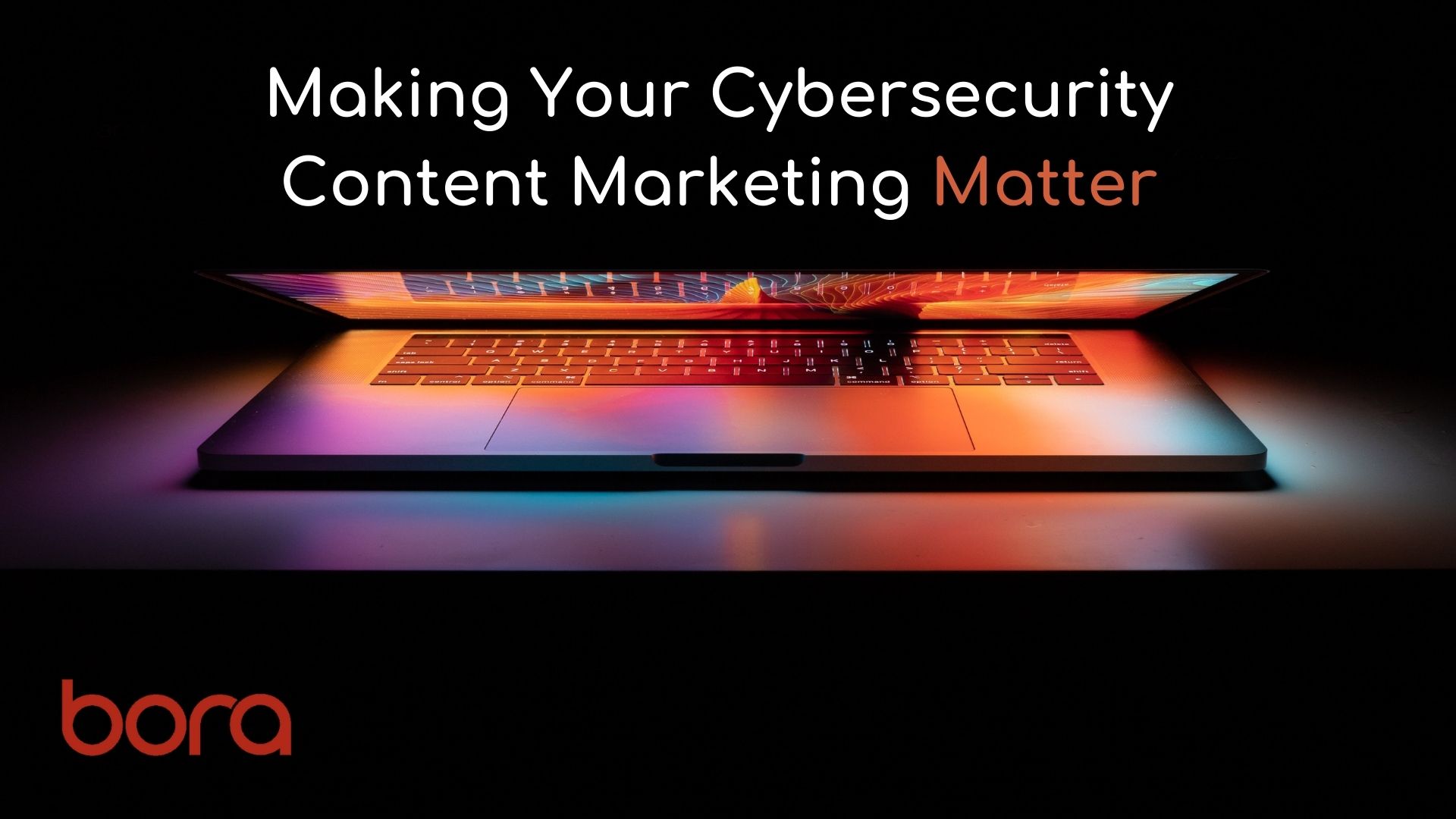Concern about breaches, bugs, and backdoors is driving up the interest in cybersecurity and businesses are looking for solutions that can mitigate or counter the threats that they face every day. How these people find your product in an increasingly busy marketplace frequently hinges on how you set out your stall. Your words, and how you use them matters. A lot.
Here are some ideas about what to consider when creating your cybersecurity marketing content:
1.) Acronyms mean different things to different people
Abbreviations and acronyms serve a useful function, providing a shorthand way of naming and remembering things or processes. But they are context-specific. What you consider to be a common acronym may be a bit too common – and have a different meaning to the reader.
For example:
- FIM = Fédération Internationale de Motocyclisme or file integrity monitoring
- IP = intellectual property, Internet Protocol
- SCM = supply chain management, software configuration management
- SME = subject matter expert, small and medium enterprise
- VM = virtual machine, virtual memory, vulnerability management
2.) Do not assume knowledge… or ignorance
Your audience may use the solution that you are promoting, but it doesn’t mean that they understand – or even want to understand – the technical details of what happens under the bonnet (or hood).
Eloquent descriptions of the inner workings of the algorithm using inspired references to Big O notation may well lose your audience’s interest after the first few words.
That said, there are likely to be a sizeable number who do know something about the subject – probably more than you, which brings its own risks.
Be aware that whilst people may not have a deep understanding of the tool itself, they are quite likely to understand the environment that it will operate in.
3.) Everyone has a strong opinion about their privacy and how you are planning to violate it.
If you are looking to gather information about prospects, have a long think before you do anything that could be viewed as being poor privacy etiquette; it will destroy your credibility. Do you really need them to provide a telephone number to read your white paper?
4.) Do not use the term hacker pejoratively unless you want a social media dust-up
Hacker is not a synonym for a cybercriminal. Many in the cybersecurity community take pride in classifying themselves as hackers – people who find a way to do something or make something happen despite obstacles or limitations. They do not wear hoodies and Guy Fawkes masks are usually only worn during formal Zoom meetings.
5.) Buzzwords suck.
Yes, they do. All of them. Even your favorite tech buzzwords. Nothing more needs to be said about this.
6.) Cybersecurity is a vocation for some, but is viewed as a necessary burden by far more
This is very important. It is easy to forget that not everyone is a cyber security advocate. For them, it is something that must be done for insurance purposes or to avoid legal entanglement. Your messaging must make the tangible benefits for the user extremely clear, particularly how it will make their life easier and more efficient as well as safer.





